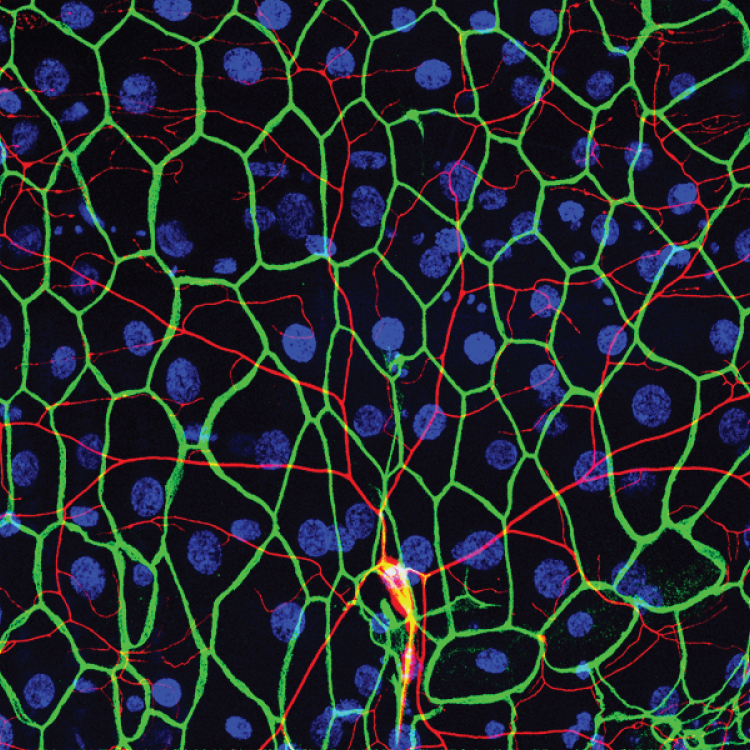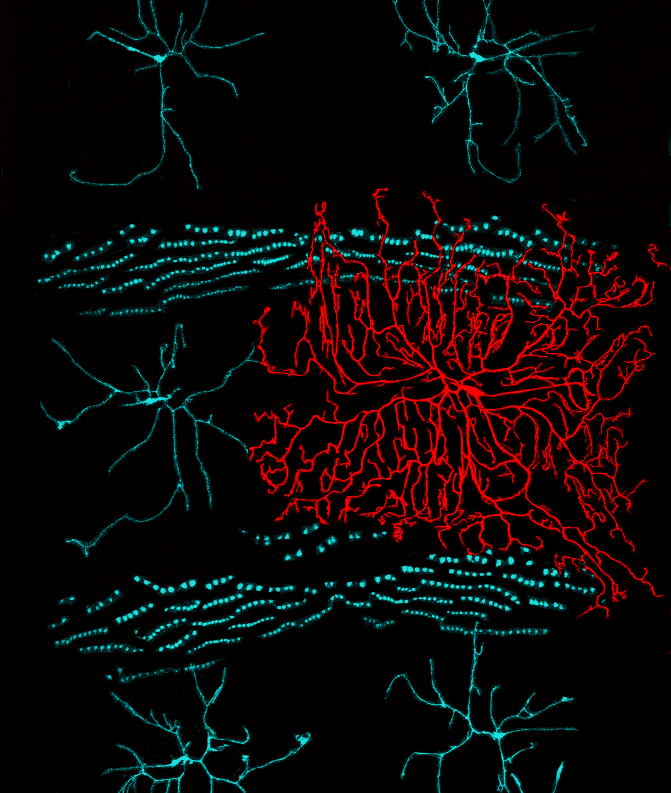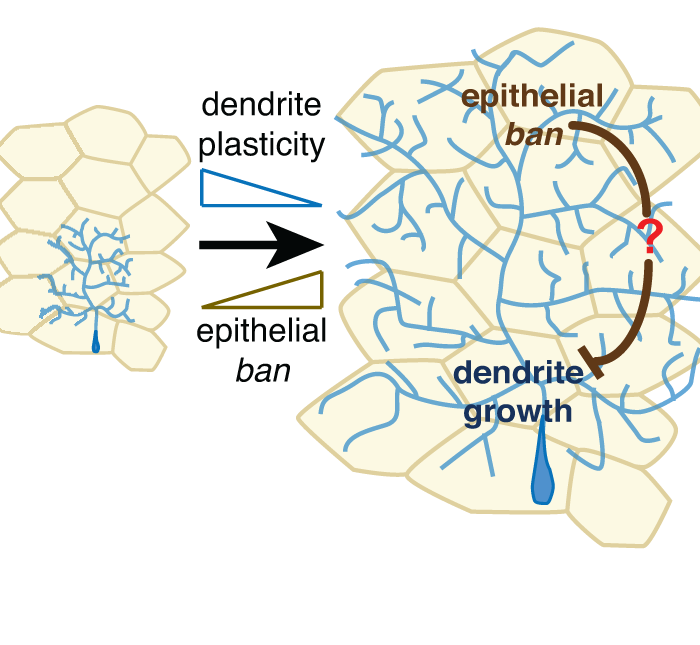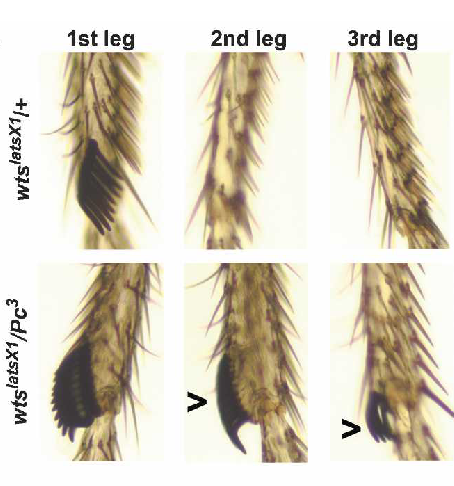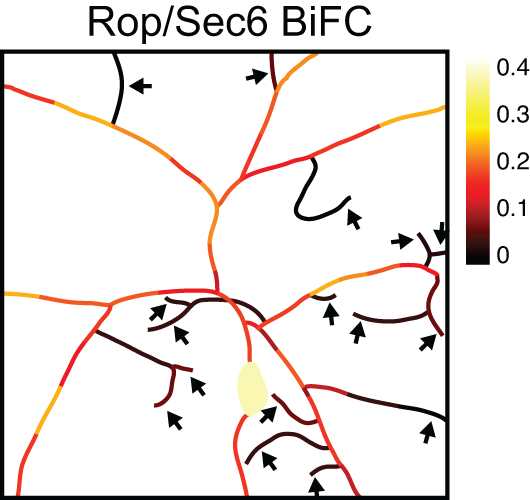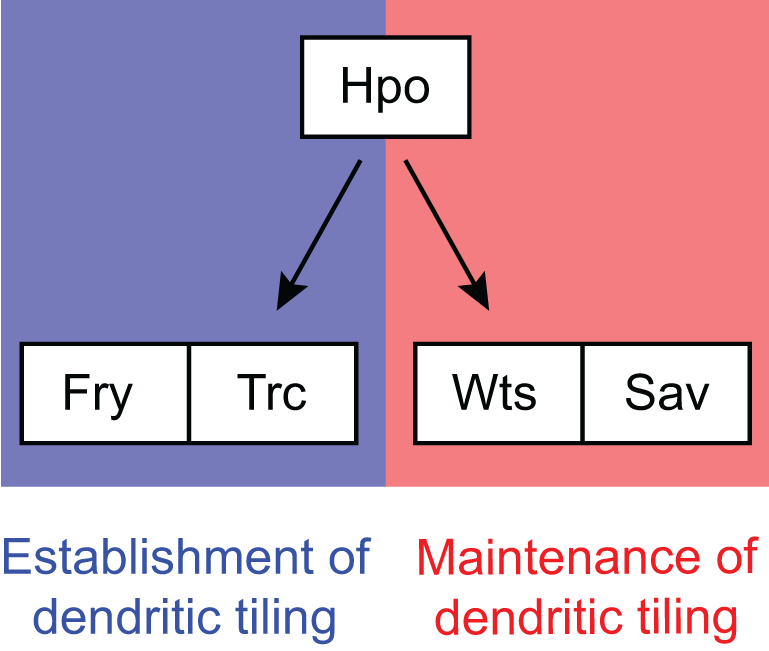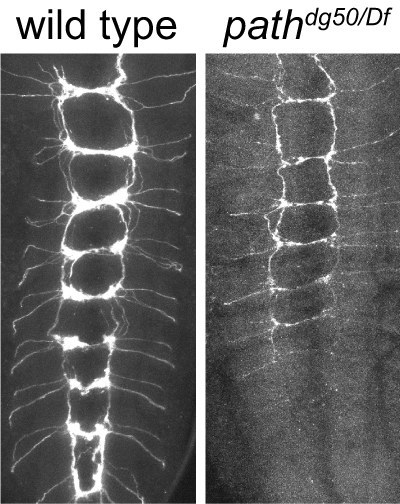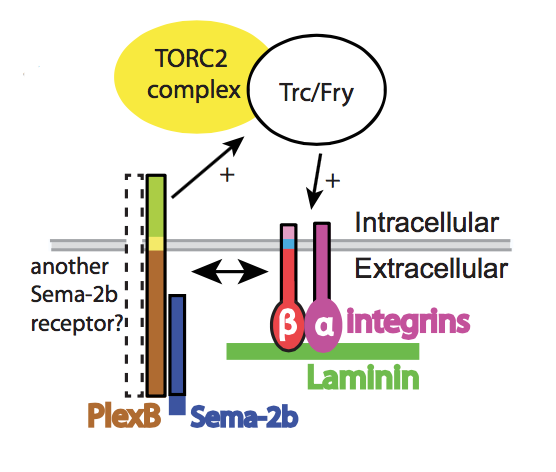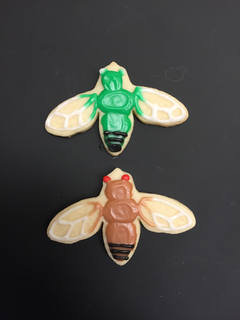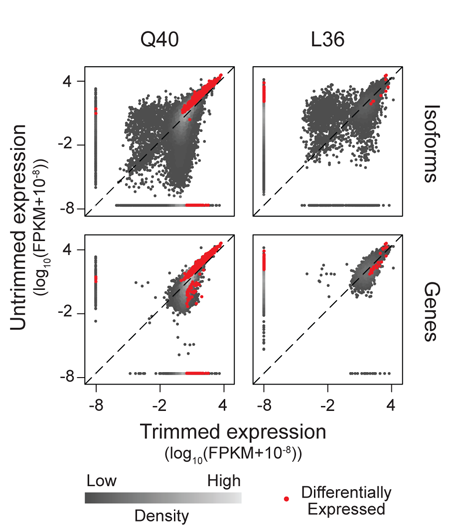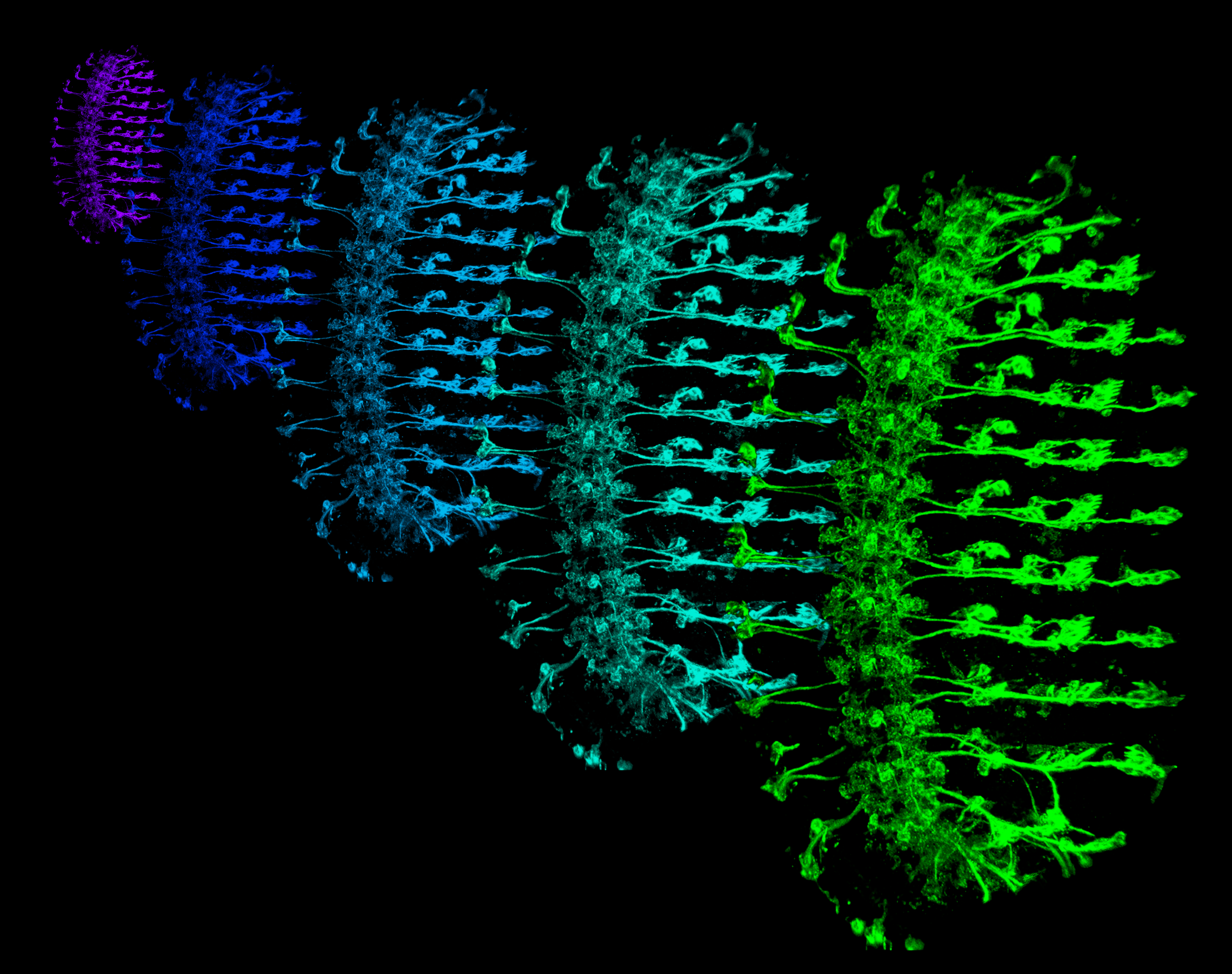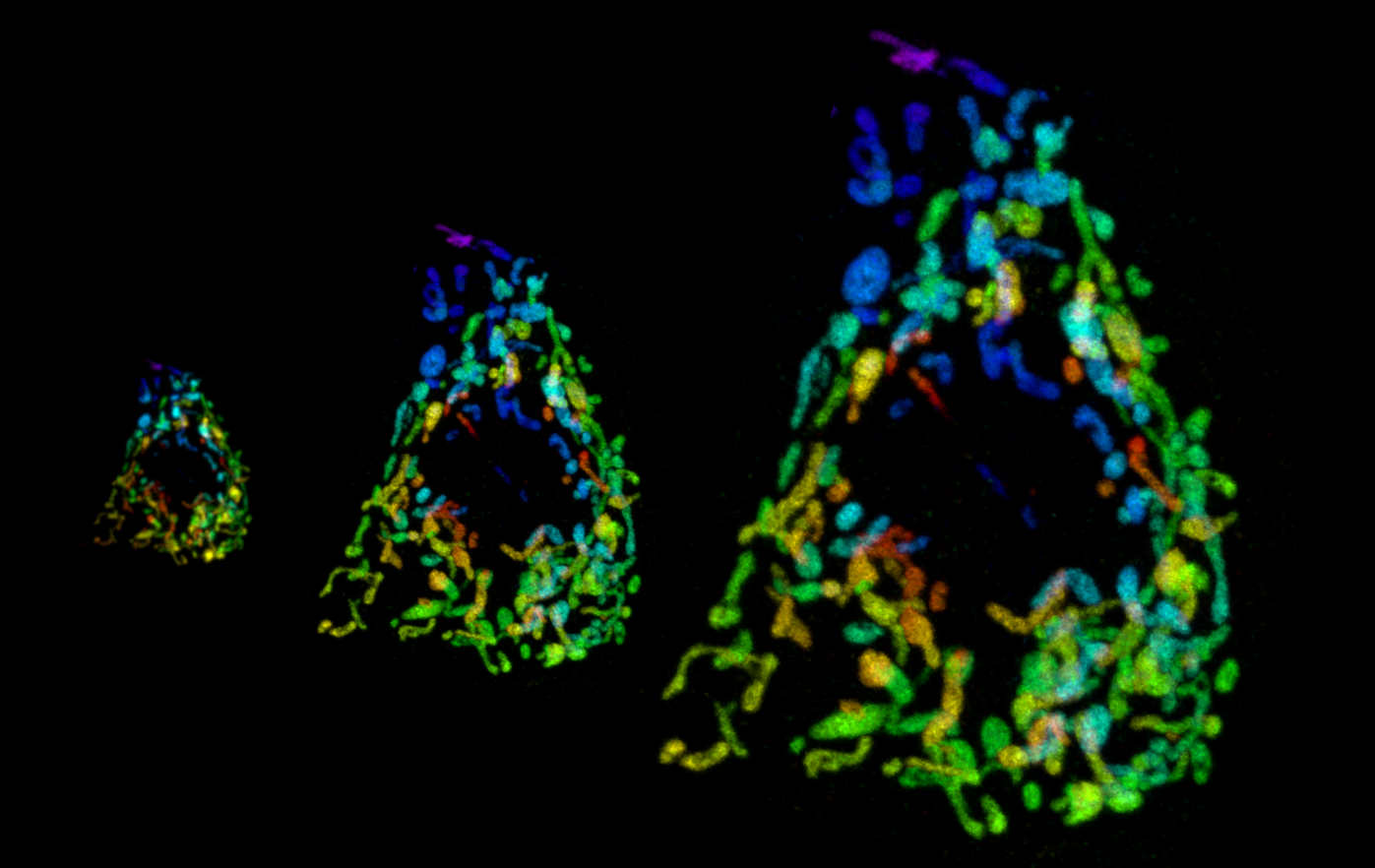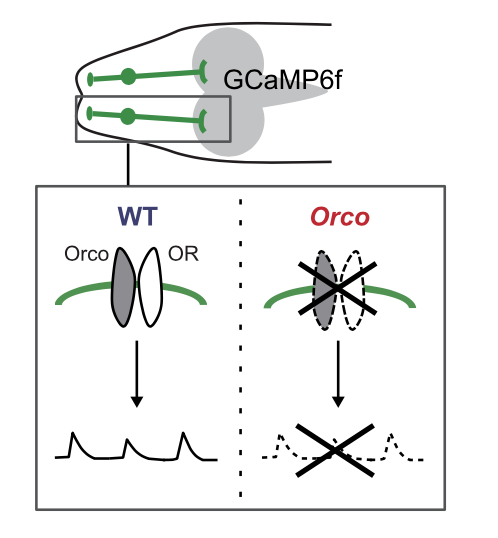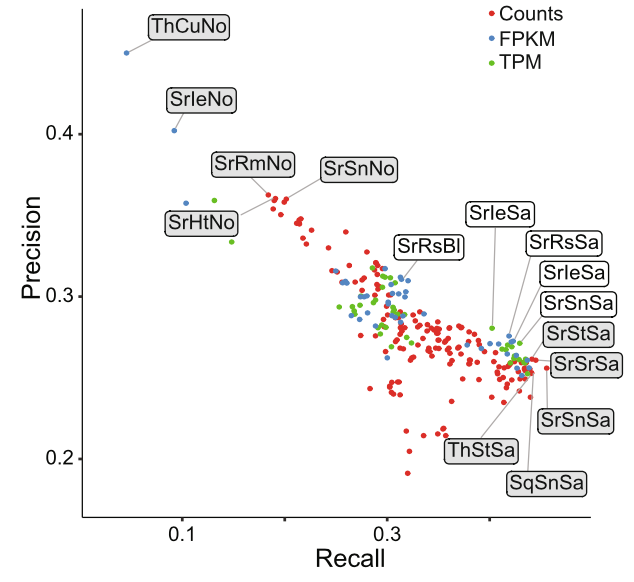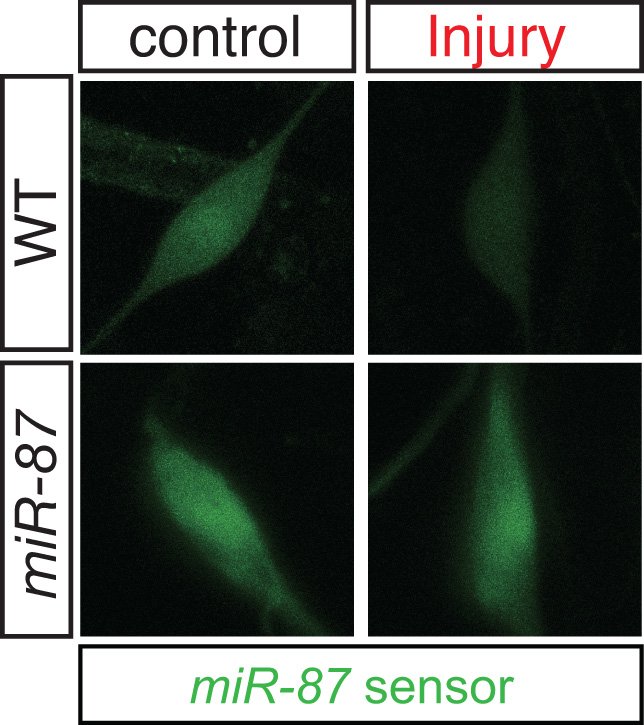Undergraduate Courses
Current Courses
Biology 355
Foundations in Cell/Molecular Biology
This course serves as an overview of fundamental concepts and techniques in cell and molecular biology. Students focus on the following core concepts:
How cells are studied
The dynamic nature of the cell
How cells are organized
How materials are trafficked in cells
Birth (division) and death (apoptosis) of cells
Some basic principles of cell signaling
Students also gain skills in reading, discussing, and writing about primary research (research papers).
Spring Quarter, 2011-2013; Winter Quarter 2023-2026
Biology 454
Molecular Mechanisms Of Somatosensation: Itch, Touch, Heat, And Pain
Our skin is one of the largest organ systems, providing a flexible and durable barrier that covers our body. In addition to its barrier function, the skin is innervated by somatosensory neurons that shape our experience of the world, allowing for perception and discrimination of pain, touch, pressure, and movement. Among these, pain is of particular interest both because of its adverse influence on quality of life and the highly subjective nature of pain. In this course, we will discuss the neurobiology of somatosensation with a focus on responses to noxious (painful) stimuli.
The course is most successful when students are highly engaged, so weekly assignments are designed around independent readings that will facilitate in-class discussion. We also changed the schedule of the course so that our second meeting of the week (Thursday) follows discussion section in the hope that productive discussions will carry over into class.
Winter Quarter, 2021, 2023-2026
Former courses
Biology 413
Molecular Genetics of Development
This is a discovery-based laboratory course that allows young investigators to work alongside established faculty on topics in developmental neurobiology. Although the topics and approaches change each year, the most important features of the course are the following:
Students working on unanswered biological questions
Students using multidisciplinary approaches, including cutting-edge technology
Students working individually and as part of teams, supported by established scientists
Students driving discovery with their own research
Winter Quarter, 2013-2016, 2018-2020, 2022
Graduate Courses
Neurobiology at MBL
This is an intensive and comprehensive laboratory-oriented course in cellular and molecular neurobiology intended for predoctoral students, postdoctoral or clinical researchers, and young investigators beginning independent research careers. We contribute to the "genomics bootcamp" module of the course, which provides students with experience in sample preparation and data analysis for microarray and RNA-seq based gene expression analysis.
http://www.mbl.edu/education/summer-courses/neurobiology/
Summer, 2012-2019; 2021-2022
Neuroscience 501
Molecular and Cellular Neurobiology
This is a graduate course that provides an overview of molecular and cellular biology of nervous system development.
http://depts.washington.edu/behneuro/academics/
Fall Quarter (3 lectures), 2014-2016; 2018-2026
